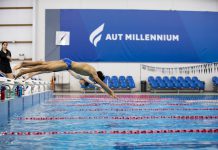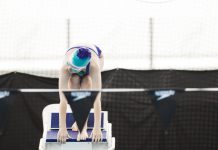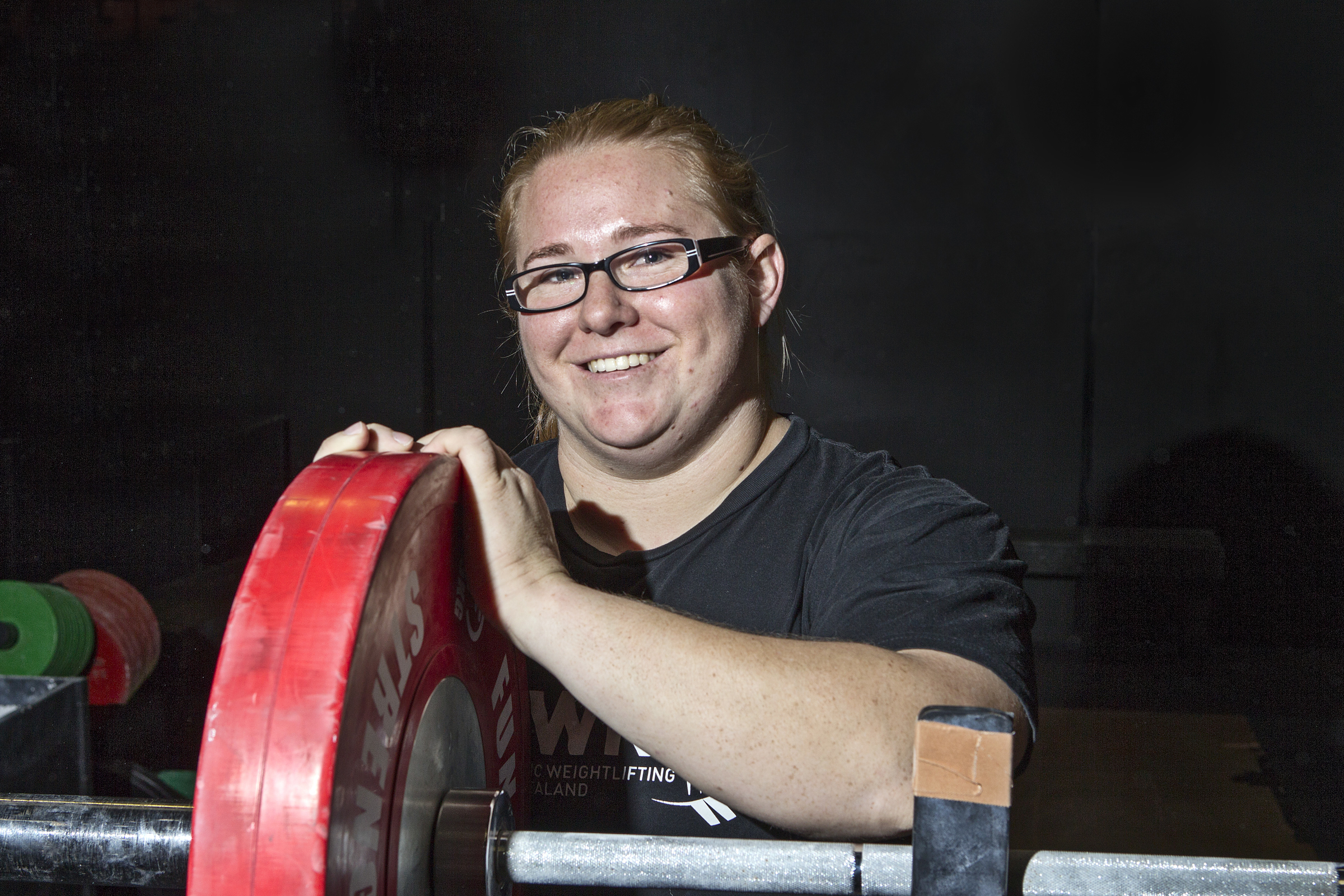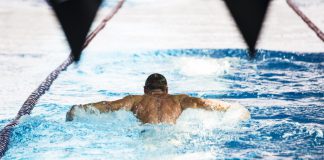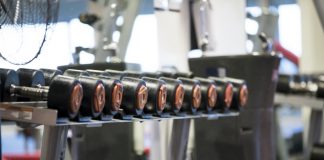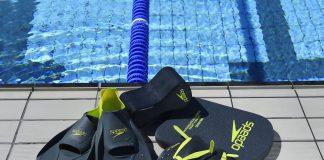When you have been an athlete for roughly give or take 10 years one thing become quite noticeable… the body takes longer and longer to recover.
This year I will be competing in a lighter weight category, so my nutrition has been thoroughly planned and well organised. It’s needed to be, I have to lose over 15kg to drop down to the next category.
Throughout my years of weightlifting I’ve picked up a few tips and tricks to help me recover from my sessions.
Here are a few other key areas I’ve started to focus on:
Stretching
Stretching before and after training, no matter how tired I am after a session. Holding the stretches for at least 20seconds and repeating up to 3 times. This helps with my range of motion and flow of blood to my muscles.
Rolling out with a foam roller is also beneficial, hurts like crazy on tight muscle but defiantly worth it once the muscle is released.
Get enough rest
Everybody knows how much I love my naps, but it’s also important to make sure that at night time you get as close to 8 hours of sleep as possible.
This can be a challenge but I’ve certainly noticed the difference between 8 hours sleep and 5 hours sleep the next day.
It’s important to have time and allow the body to restore the balance and allow your body time to repair the muscles
Improving blood flow through active recovery
Whether is swimming, cycling or walking is good for the body, get the blood pumping and the muscle recovering especially if your training like mine is mainly weights based.
Drinking Enough Water
Everybody should already know that staying hydrated is important during training sessions, it helps flush toxins and keeping hydrated could potentially decrease muscle soreness, which is amazing especially for people that train hard regular
Floating
I went down to Float Culture in Grafton (Auckland) to give it ago.
At first I wasn’t too sure what to expect. I thought I would get bored floating for an hour, in the dark, all alone but to be honest it I’ve never felt so relaxed and content.
I’m actually going to make it a weekly ritual see if it helps the body and mind after a week’s worth of training.
I’m not too sure about the science around it, but it made me feel good so I’m going to stick to it and highly recommend it. I can’t wait for my next session now I know what to expect.
(Floatation involves lying in a super-saturated Epsom-salt solution about 30cm deep. The salt water solution is heated to skin temperature 35.5C. Once you are settled, it is almost impossible to tell which parts of your body are in the water and which aren’t. The high density of our saline solution will make you feel completely weightless, letting every single muscle in your body fully relax. The float pods are specifically designed to block out all external distractions, such as sights, sounds, tactile sensations and gravity.)
So while my focus is on recovery, I am in the process of a build up for the Australian International competition in March in Melbourne. This will be the first international of the year and also the first competition at my new body weight. Excitement is an understatement.
So until next time, train hard, recover well and think happy thoughts













